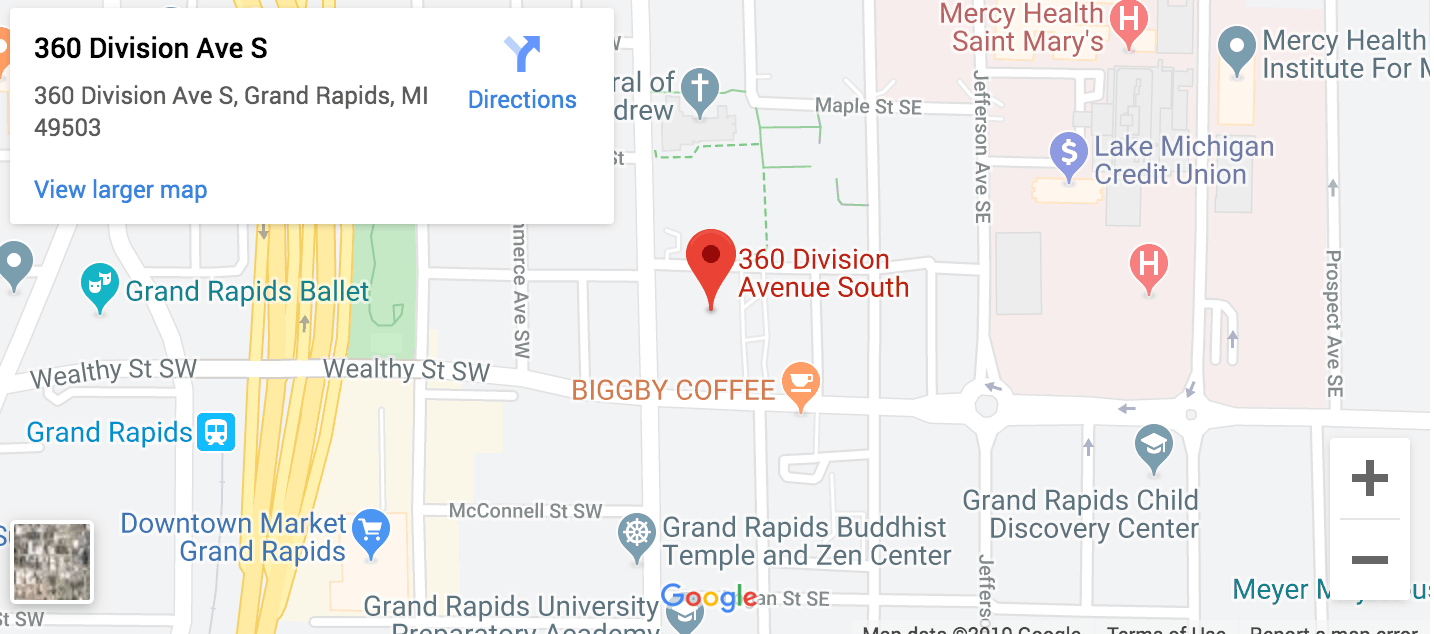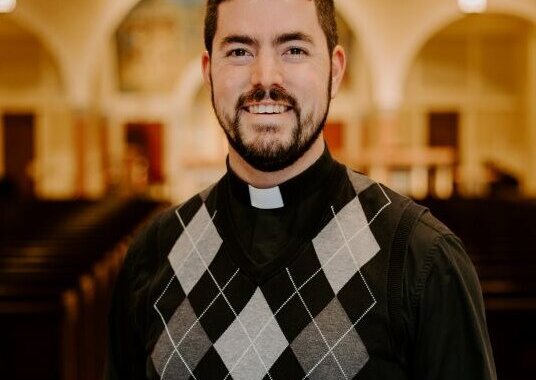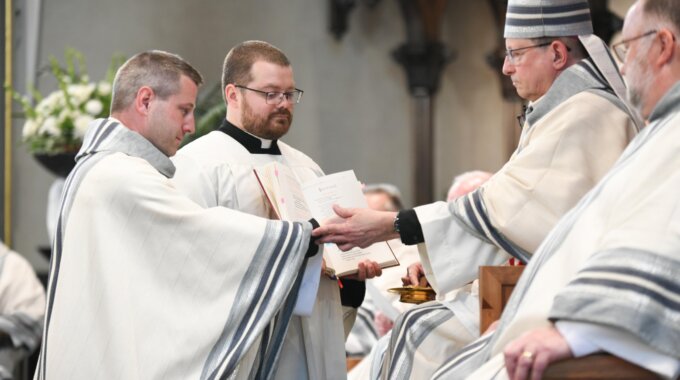July-August 2024By Father Scott NolanReceiving the message from Bishop Walkowiak that I had been asked…
Seeing ourselves as God sees us
IS IT BAD TO BE A PERFECTIONIST? Is it bad to be competitive? Perhaps these are odd questions to ask. If perfectionism is the desire to do things well and competitiveness is the desire to win, then one may rightly wonder, “How can that be a bad thing?”
What if I asked instead, “Is it bad to be angry?” More than likely the response to this question would be a little different. Many of us don’t like it when we get angry because of the way we act when this emotion arises. More than likely, our gut reaction to this question is that our anger is a bad thing.
And yet, our tendencies toward perfectionism, competitiveness and anger have more in common than might first meet the eye. All of these are symptoms of the same spiritual sickness, and that sickness is finding our identity in the things that we do and not in who we are.
The link in all these unhealthy identities lies in where we experience our self-worth. Perfectionism: I am good enough only if my project or work is done perfectly. Competitiveness: I am good enough only if I prove that I am better than others. Anger: I’ll never be good enough because I have all these weaknesses. When we are unhappy with who we are, we tend to be unhappy toward others.
None of us is immune to these negative self-identities, and I am no different. When I was younger, my love for sports quickly shaped my personal identity. If I played a good game of soccer or basketball, then I felt I was worth something. If I had a bad game, I felt worse about myself. I didn’t realize it then, but I was developing a false identity in something that would never truly give me meaning or purpose. My identity was equal to my ability to play a game.
We are all endowed with special gifts and talents. Some as jokesters, some in music or the arts, others in sports, and others in academics. What I experienced, I see all the time now as a priest. We affirm people who are smart, athletic or funny. The downside is that people begin to believe they are loved based on these gifts, not for who they are as a child of God. And worse, some people feel like they lack adequate talents, and so they mistakenly believe that they do not fi t in, nor is there anything “special” about them and, even more detrimental, that they are not as lovable as the more talented ones.
Recently, I talked with a seminarian who was sharing the blessings God has given him in prayer this semester. He said, “Father, God has truly freed my heart.” He continued, “I used to look at my weakness and sin as a sign that I am not good enough.” In short, in this seminarian’s mind, a priest is someone who has reached perfection spiritually, pastorally and in holiness. I assured him, which will be unsurprising to anyone who has met a priest in their own life, that no priest is perfect. Priests are human beings, too, with their own foibles, struggles and weaknesses.
No longer does this seminarian define himself by the things he does, but rather by who he is in God’s eyes. The freedom that this grace has given this seminarian has been profound. His weaknesses are no longer reasons he can’t continue seminary formation for priesthood. Instead, he now sees himself first as a son with a Father who challenges him to do something that his Father believes he can do. This reality is like the dad who helps his daughter learn to ride a bike without training wheels. He holds on to the seat and lets it go before she realizes she is riding the bike on her own because he knows that she can do it. A vocation is a calling, and it is a calling from a God who knows us better than we know ourselves, as his beloved children, with whom he is well pleased. (Mk 1:11)
In Christ’s Friendship,
Fr. Stephen




